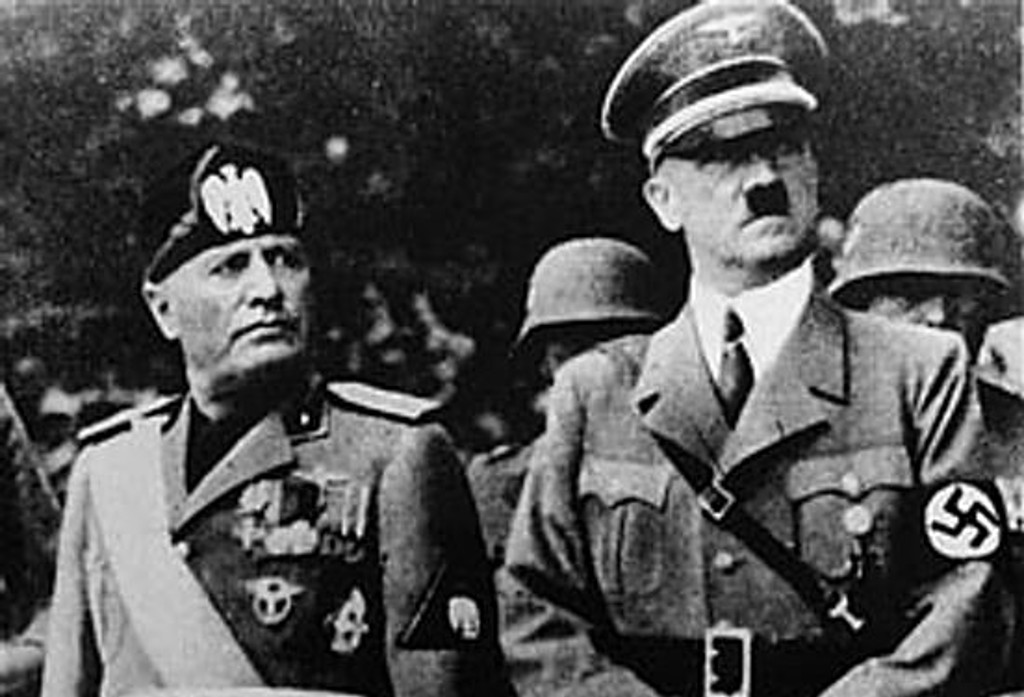You’ve seen them on TV: black clad activists marching against, and even openly fighting with neo-nazis, nationalists, and white supremacists. Since the election, antifascists have seemingly been everywhere online and in the media. Some call them terrorists, while others call them heroes, but really they’re just humans like you and me. Humans who hate fascism.
Who are the antifa, where did they come from aaaand what, really, is fascism anyway?
A question that’s no longer simply academic: across the U.S., and indeed, in Europe too, far right forces are growing in power. Whether they call themselves “nationalists” or claim to be opposed to “radical” Islam while targeting innocent Muslims for threats and violence, the bad old days are coming back round again on insanity’s loop.




